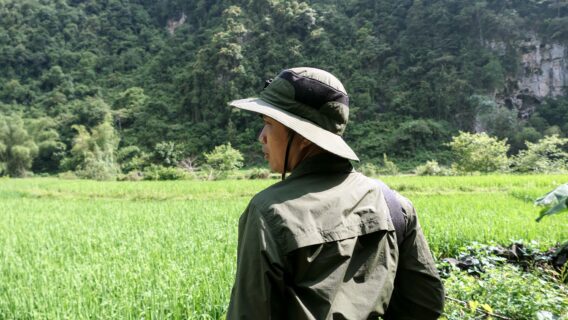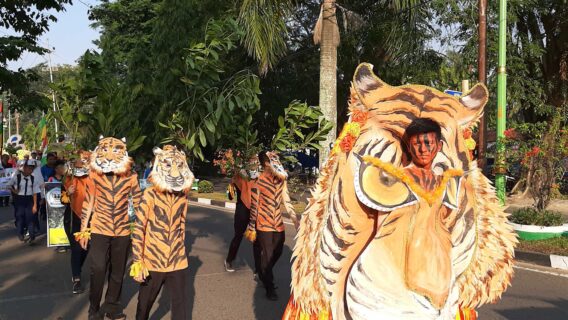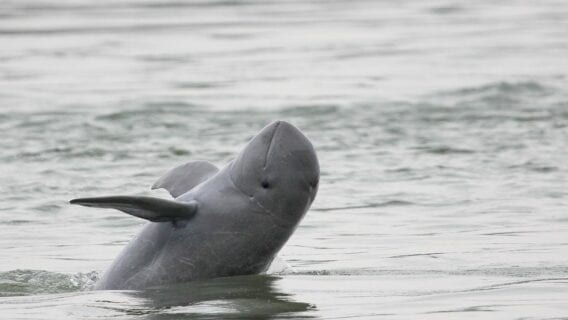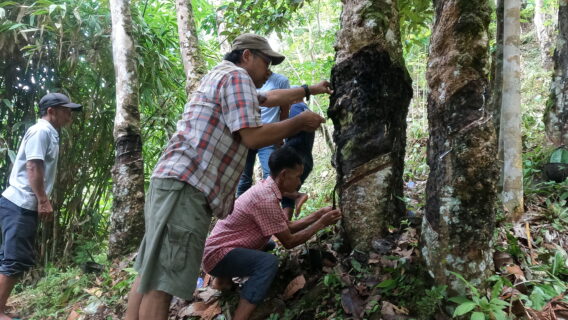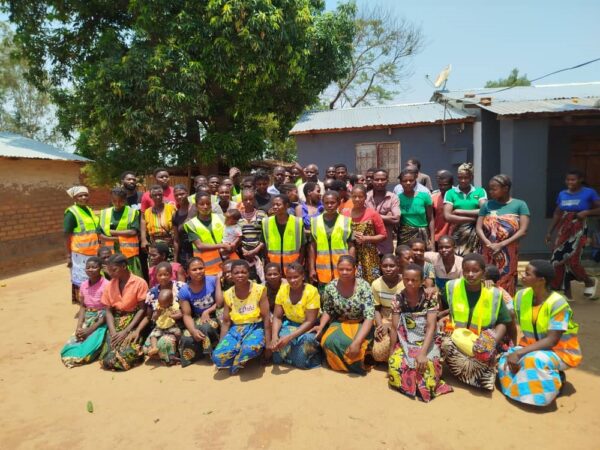
Assessing habitat connectivity and fragmentation for Opsaridium microlepis conservation in Malawi
Project overview
The project focuses on the conservation of Opsaridium microlepis, an endemic freshwater fish species in Lake Malawi, which is threatened by habitat degradation, unsustainable fishing practices, and climate change. Key spawning and feeding areas in the Linthipe and Bua rivers have been severely impacted anthropogenic activities, leading to habitat fragmentation and disrupted reproductive migrations. By engaging local communities and stakeholders, the project seeks to improve the rivers’ ecological health and enhance the socio-economic well-being of surrounding communities.
Threats

Disruption of water flow

Habitat loss & degradation

Over-exploitation of natural resources & prey depletion
Project objectives
Using advanced GIS tools and remote sensing this project aims to assess and compare habitat connectivity and fragmentation between the Linthipe and Bua Rivers. Further to that, it will evaluate the catch dynamics, fishing effort, and gears used for Opsaridium microlepis in these rivers over the past 20 years. Additionally, the project will assess the impact of land use and cover changes on habitat fragmentation, connectivity, and catch rates of Opsaridium microlepis, identifying key ecological drivers. Finally, it seeks to propose evidence-based conservation strategies to ensure the sustainability of both habitats and the species within these river ecosystems.
Project activities
- Assess habitat connectivity and fragmentation by gathering geospatial data, calculating the Landscape Connectivity Index, and identifying barriers, Cost Distance analysis, and Circuitscape modelling.
- Evaluate and compare Opsaridium microlepis catch, fishing efforts, and gear dynamics over the past 20 years to identify unique ecological challenges and opportunities in the Linthipe and Bua Rivers.
- Develop and propose conservation strategies through participatory mapping, structured interviews with stakeholders, and creating targeted strategies for key conservation corridors.
- Disseminate research findings by compiling reports, public presentations and workshops, and publish findings in relevant journals.
This project is implemented by Righteous Wanangwa Kachali, Lilongwe University of Agriculture and Natural Resources.

